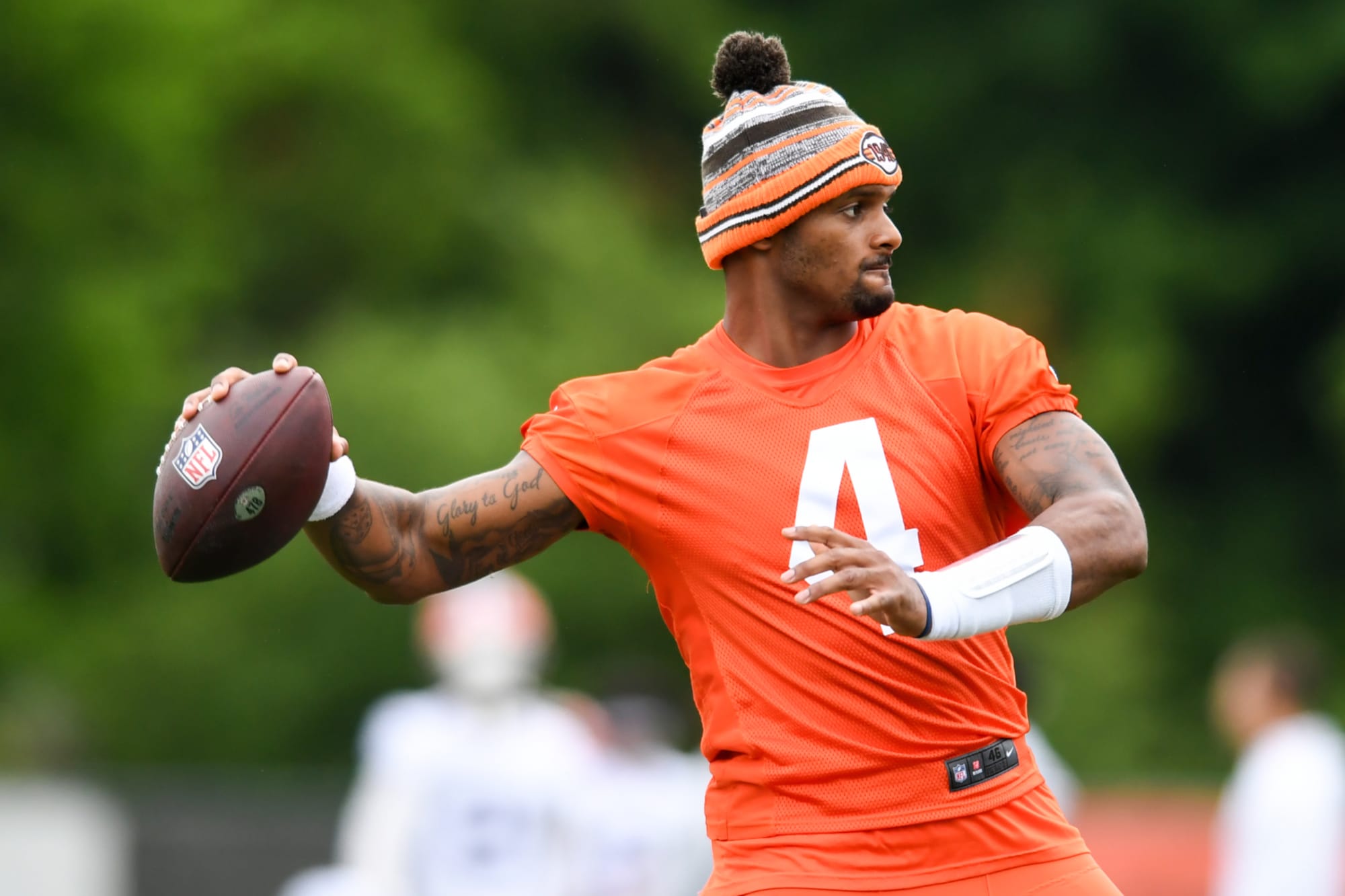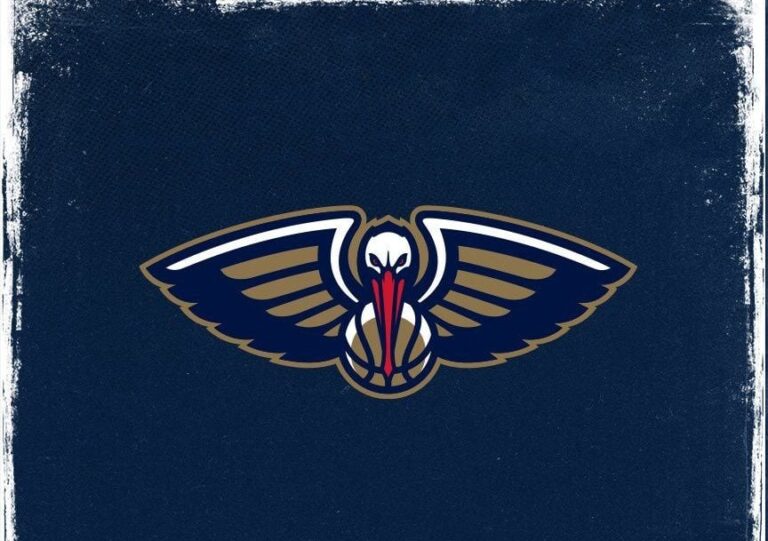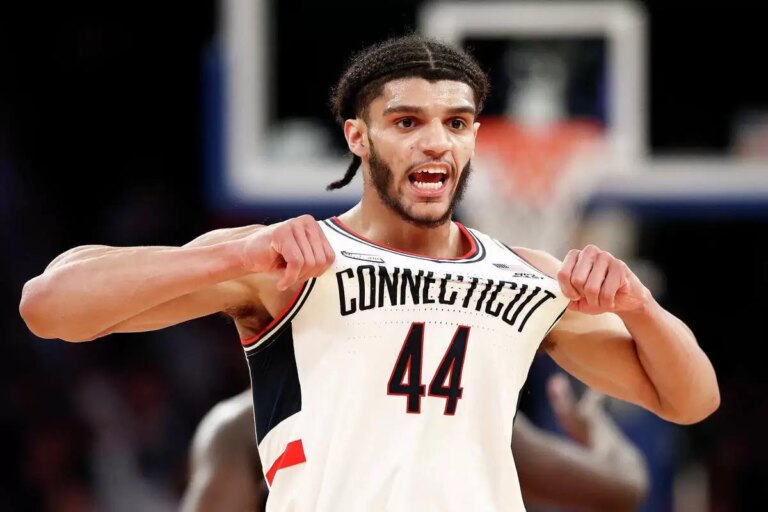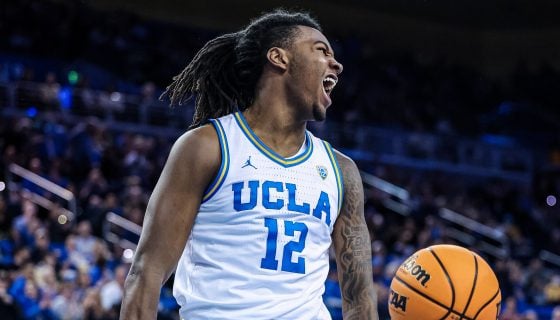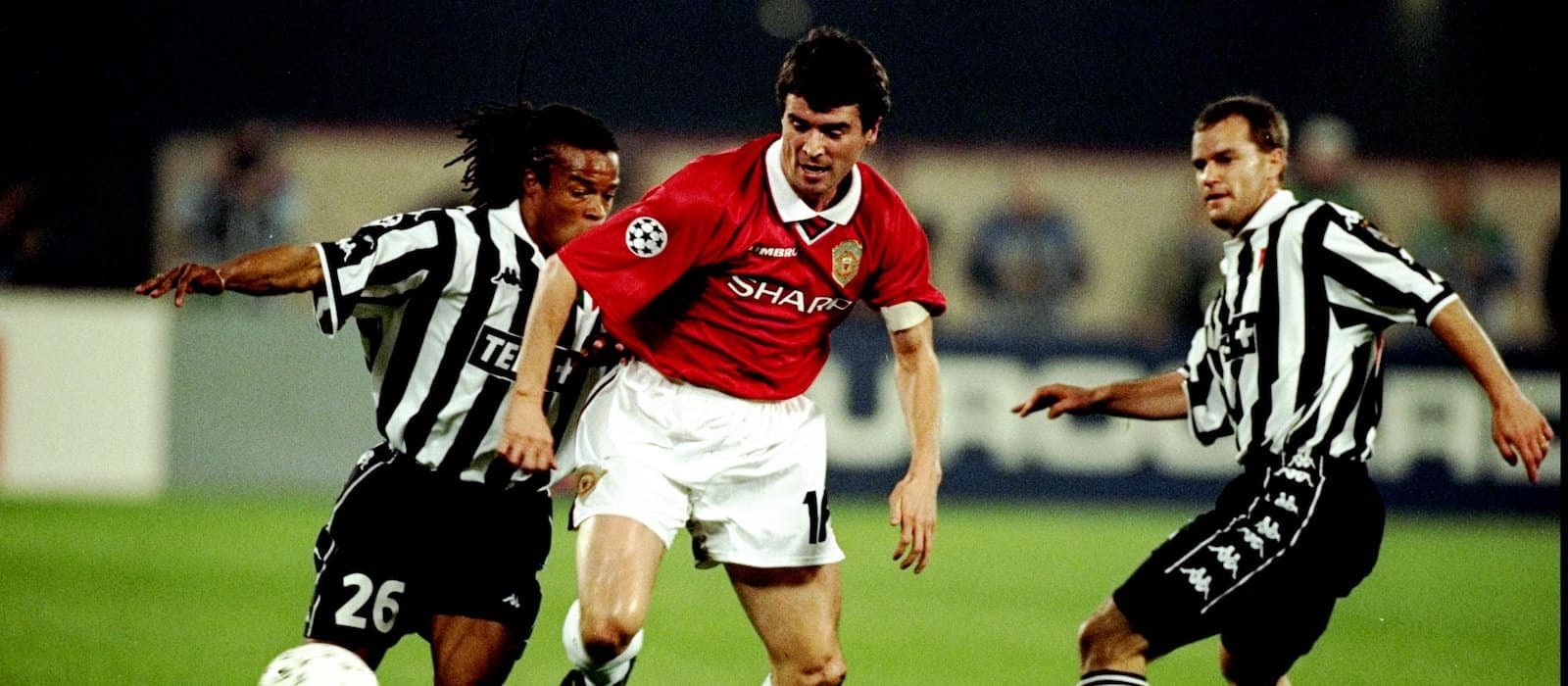13 Days fo Fix Manchester United – Day Eight: Possession – Man United News And Transfer News
54
This series of articles started when there were 13 days until Manchester United’s next game against Brighton at Old Trafford.
13 days to make the necessary adjustments to remedy a poor start. 13 days to implement tactical changes which will improve the team’s performance. 13 days to regain and rally the spirit which was carefully cultivated last season.
13 days to fix United’s season essentially.
Over these 13 days, The Peoples Person team are looking at 13 areas United can look to improve upon before their next Premier League fixture. An article a day until Erik ten Hag’s issues have drifted away.
Previous pieces have looked at the different ways individuals can be improved. Today focuses on a much-needed collective improvement in possession.
“We Want To Be The Best Transition Team In The World“
This was the ambition Ten Hag revealed during pre-season when discussing the ways in which his side could “raise the bar” this season.
“We want to surprise, we want to play dynamic, we want to play with speed, we want to play aggressive, out of a very good team spirit, because that is United,” the Dutchman stated.
A successful counter-attack is a powerful tool for a team to be able to wield.
A flurry of shirts descending on the opponent’s goal mere seconds after gaining the ball. The crowd brought to their feet by the speed and intensity of an attack out of nowhere. The panicked look on the opposition manager’s face as he quickly realises the hopelessness of his team’s situation. The cacophany of celebratory noise as the ball hits the back of the net mere seconds after the move began.
There are few things more thrilling in football than a decisive and deadly counter-attack.
United sought to utilise this tactic often last season during the Dutchman’s first year in England. His side launched the most ‘direct attacks’ in the Premier League (102) and scored the most ‘direct goals’ (9) as a resut. Only Real Madrid scored more across Europe’s top five leagues.
Opta defines ‘direct attacks‘ as: “…open play sequences that start inside the team’s own half before travelling towards the opposition’s goal before ending in a shot or a touch in the opposition box. In practical terms, counter-attacks.
It’s an interesting choice, therefore, for the Dutch manager to focus on an area United were already strong in.
The Old Trafford faithful have always been drawn to the fast-paced nature of counter-attacks. Ten Hag appeared to be seeking to honour this tradition with his espoused vision for the season; “That is United” the mantra underpinning the tactical choice.
Andre Onana, Mason Mount and Rasmus Højlund were the three premier signings over the summer; three players who are all proficient in transitional football, bringing with them each unique counter-attacking attributes to their respective positions.
Onana’s proactivity and distribution constitute significant upgrades in goal for this style of football. Mount’s combination of athleticism and dribbling make him a dynamic counter-attacking threat from midfield, while his intelligence and pressing ability are vital to forcing turnovers for transitions. Højlund is a potent pairing of power and pace, capable of running the 100m in under 11 seconds while standing an imposing 191cm tall; few defenders are going to be able to keep up with the Dane, let alone successfully defend against him.
Marcus Rashford and Bruno Fernandes, United’s two best attacking forces, are similarly suited to counter-attacking football. They are the quintessential pairing of devastating speed (Rashford) and defence-splitting creativity (Fernandes) needed to score from a transition.
When you consider Ten Hag’s other most trusted lieutenants – Casemiro, Raphael Varane, Lisandro Martinez and Luke Shaw – are likely stronger in a transitional side than they are any other, it makes sense why the Dutchman wants to see his side become the best version of that they can be.
But is focusing on transitional football the best choice to becoming the best transitional team in football? The answer appears no, particularly when your team is already so effective on the counter.
The Importance of Possession
Perhaps the most effective transitional team of the past few years in the Premier League is Liverpool.
Though they appear to be in something of a metaphorical transition at present, Jurgen Klopp’s Liverpool team, at their peak, were a force of nature. A side who felt like they could score at any moment in any game.
Liverpool remain the only side since Chelsea to be able to wrestle the Premier League title away from the grasps of Manchester City under Pep Guardiola. And Chelsea’s success was largely due to it being Guardiola’s first season at City.
The 2019/20 season, therefore, constitutes the one league campaign out of the last six that City were unsuccessful in. Liverpool finished the year with 99 points, a full 18 ahead of City.
Their record of twenty-six wins and one draw from their opening twenty-seven games is the best league start by any team in Europe’s major leagues. They also reached thirty league wins faster than any team in Premier League history.
A year previous they had finished with 97 points, one behind Guardiola’s side. They had, however, dumped City out of the Champions League 5-1 on aggregate en route to a sixth trophy.
Guardiola revealed his admiration of his domestic rivals, stating:
“Up and down, Liverpool are the best team in the world in these transitions, offensive, defensive, it is built for that.”
“They have an intensity with the ball and without the ball, and it is not easy to do that. They attack wide sometimes but they especially like to attack from inside, through the middle. I don’t think there is another team in the world attacking in this way with so many players capable of launching moves in an instant.”
Now as nauseating as that was to read (trust me, it was worse to research), Liverpool were undoubted masters of transition and counter-attack in this period. The type of dominance Ten Hag is seeking to see his side achieve.
Which is what makes their average of 63% possession in the league so surprising.
The stereotype of a team who counter-attacks is not one who seeks to maintain control of the ball for nearly 2/3 of the game. Yet Liverpool were able to do so, to great effect, because not every game was against a side like Guardiola’s.
Large swathes of the Premier League are not going to attempt to meet you head on in the battlefield. The disparity in resources between clubs ensures certain teams will seek to play for a draw from the outset.
They will sit deep and invite pressure, hoping to achieve success via counter-attacks of their own. They will make the pitch as small and narrow as possible, aiming to deprive your attack of meaningful space. They will rarely venture past the half-way line for anything other than set-pieces.
Developing a style of football which is reliant upon successful counter-attacks is, therefore, limited in effectiveness against such set-ups.
Instead, you must be proficient at breaking low-block defences down through controlled possession and progression; capable of unlocking a door which is being held tightly shut. While a team managed by Guardiola will afford you the space to blow open the door on the counter, a side with Sean Dyche at the helm will require a more precise invasion tactic.
Klopp was able to develop a form of transitional football which saw his side able to dominate with the ball against sides they were expected to beat, but also dominate without it against sides their equal.
A thrilling 3-1 win over City early in the 2019/20 season was secured with only 45% possession, while a comfortable 3-0 win against Bournemouth three weeks later achieved with 74% of the ball. This tactical flexibility was foundational to Liverpool’s success that season.
While United are certainly effective at scoring via counter-attacks, they are still a limited side in possession and breaking teams down through build-up play.
Improving With The Ball
Ten Hag’s side have averaged 52% possession in the league so far this season. And this is a statistic largely swayed by their victory over Nottingham Forest – a game which saw the away side reduced to 10 men for the last half-an-hour.
In United’s three other games they have been in control of the ball for less time than their opponents, despite one of these matches being against Wolves at home. In this game, the Midlands side recorded the most shots on target by an opposition side at Old Trafford for 18 years.
United sit currently 11th in the table with five goals scored versus seven conceded.
A lack of control has would aptly characterise this poor start to the season.
Yet United rank joint second for ‘big chances created‘ so far. The fact Ten Hag’s men rank fourth for ‘big chances missed’ partially explains this unfavourable opening.
On the one hand, the focus on transition is producing the requisite opportunities to win football matches.
On the other, United’s inability to control possession leaves them a defective combination of suspectible to attacks and limited in launching their own.
Ten Hag must focus on improving United’s ability on the ball for his side to make the necessary improvements to compete at the top of the league this season. It is extremely difficult to compete with Arsenal over the course of a thirty-eight games without this ability; it’s not even worth challenging City without it.
The signing of Sofyan Amrabat should provide technical control in the centre of the pitch, while the continued evolution engendered by Onana will also improve things.
The further integration of Kobbie Mainoo and Amad Diallo, once free from injury, and the return of Mount and Shaw, will further lift Ten Hag’s side’s ability to control proceedings through possession.
While United will always remain a potent counter-attacking side – even more so once Højlund makes the centre-forward position his own – Ten Hag must use these technically gifted players to establish his team as a more possession-based one.
It will raise United’s floor while allowing them to push their ceiling higher.
If United are able to control a game against a side like Wolves and take an early lead through a well-worked goal, Wolves would then be forced to commit to a more attacking approach in response. This would, consequently, open up Wolves to more counter-attacks by United to help them put the game to bed. It is far easier to counter-attack from a position of strength, established through possession-based control, than a position of weakness.
Ten Hag must change focus from reinforcing United’s strength (counter-attacks) towards improving their weakness (possession).
CONCLUSION – Progression through possession; United will improve in their pursuit to be the best transitional team in the world by first improving their ability on the ball.
Check out our Latest News and Follow us at Facebook
Original Source


